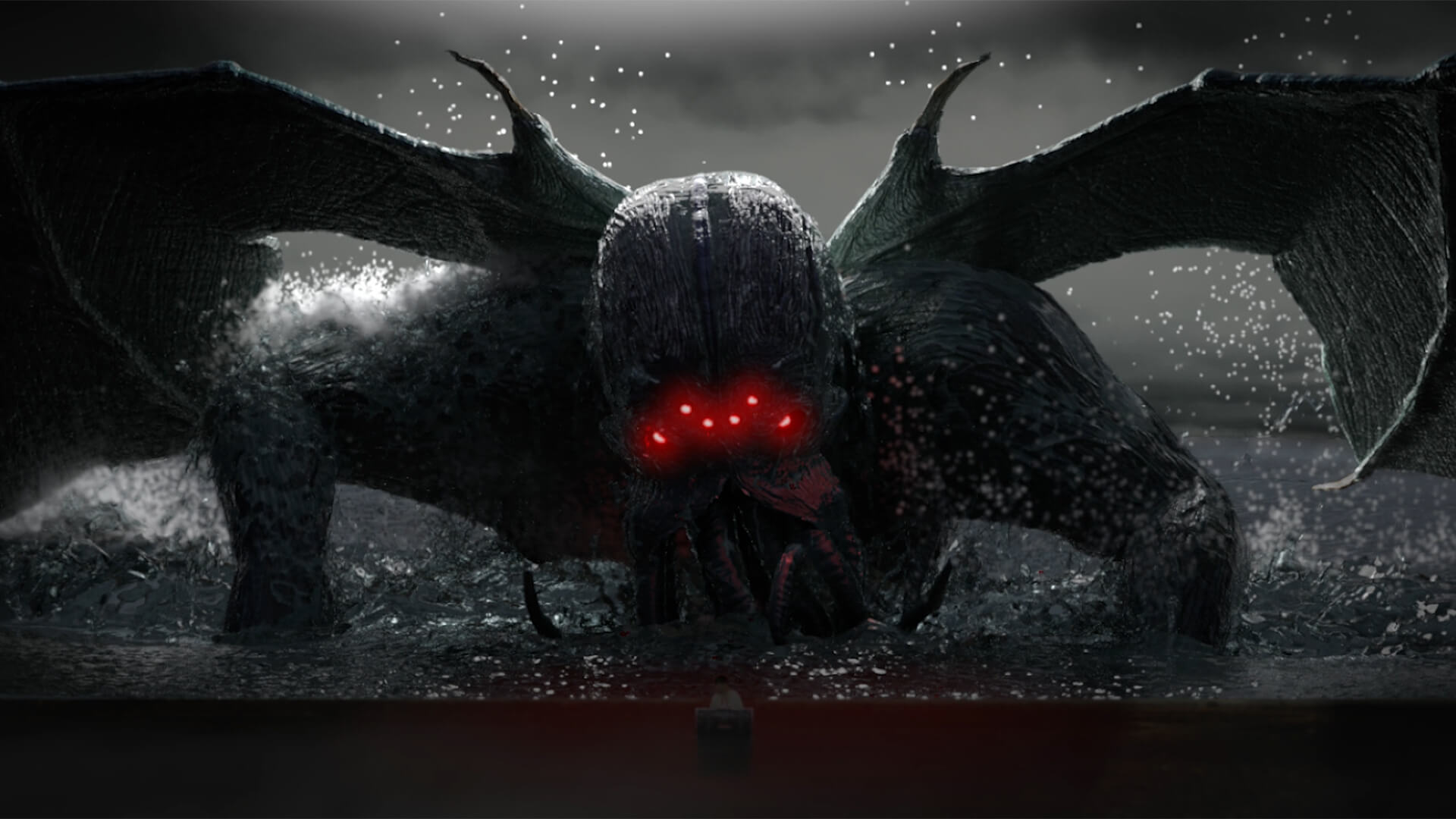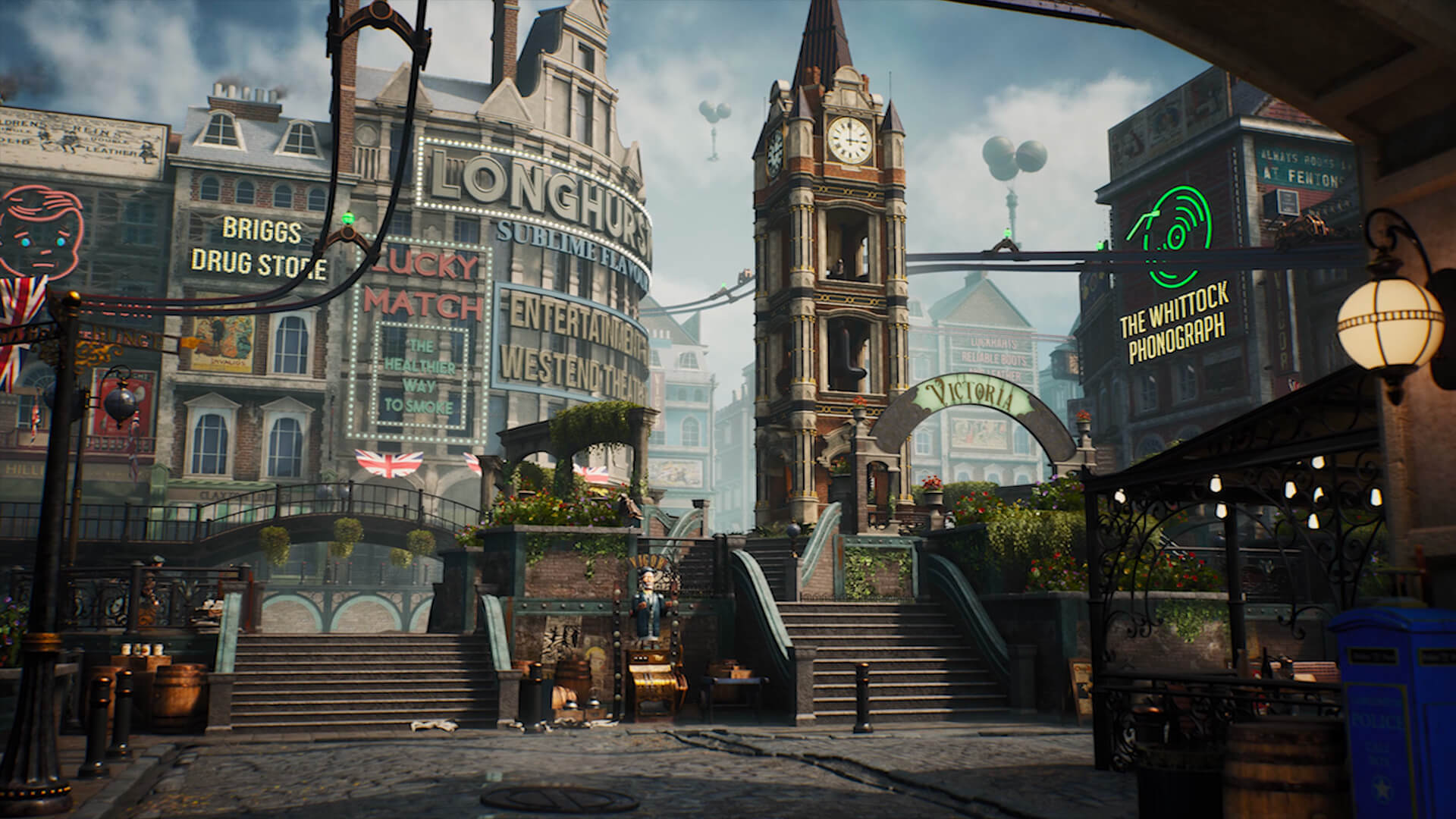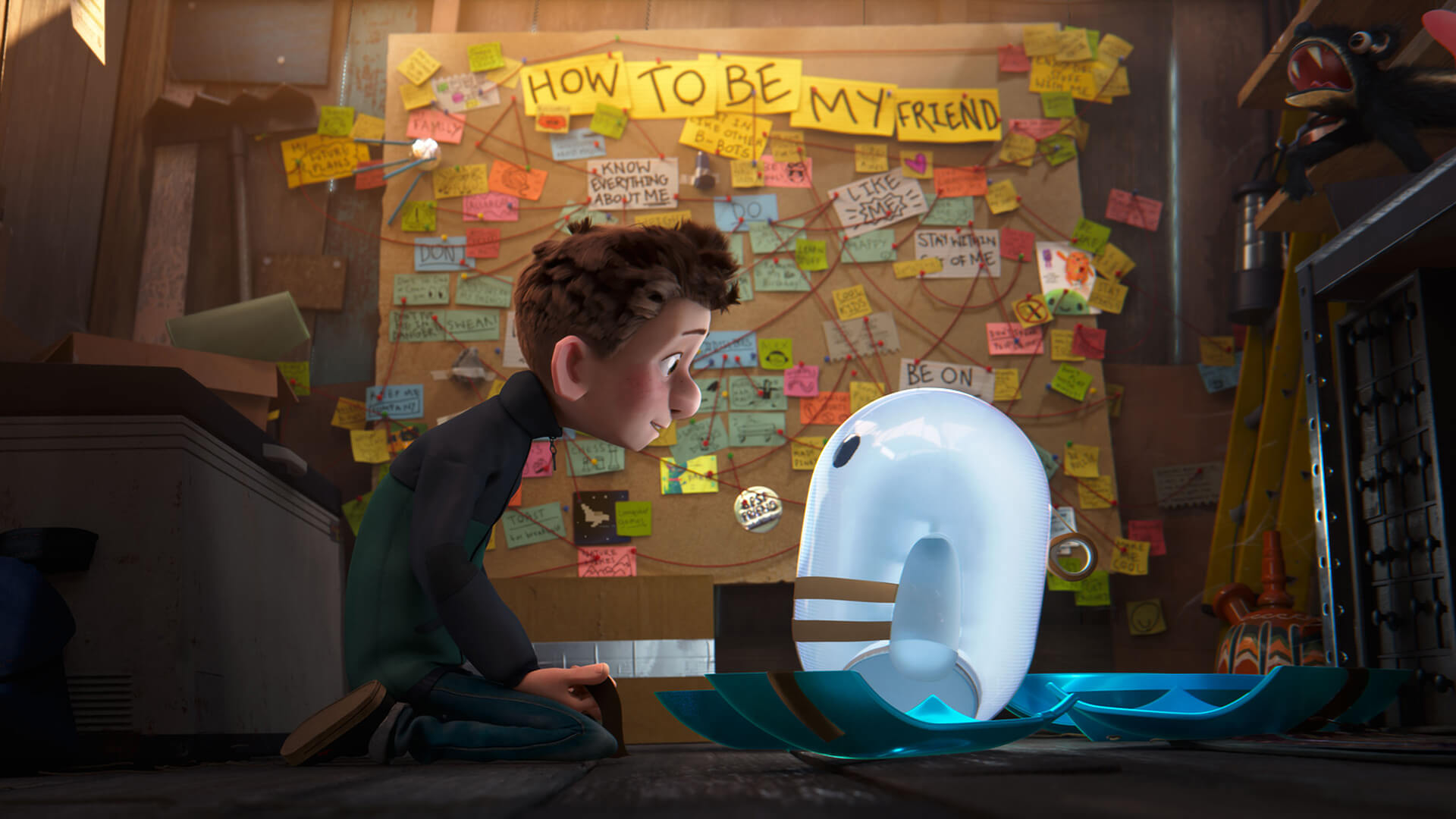3D for Visual Effects short course
Visual Effects short course
Course details
Location
Start date
15th September 2025
23rd February 2026
Duration
14 weeks
Contact time
2.5 days per week
Entry requirements
- Be over 18
- Have a good understanding of written and spoken English
- Feel comfortable using a computer
Fees
14 weeks - London campus: £7,845
14 weeks - Live online: £6,100
Apply Now
September 2025
- 14 weeks: London campus / live online
February 2026
- 14 weeks: London campus / live online
Course overview
Our short courses give you the opportunity to study the first 14 weeks of our MA Visual Effects Production (Compositing/3D). This option is suited to students who want intensive training without academic qualifications. You’ll complete the first two modules of the programme and develop specialist Compositing and 3D skills. You'll learn the latest industry software, along with key techniques such as modelling, texturing, lighting and shading.
Why choose this course
- Designed with industry - our advisory board of experts from the likes of DNEG and MPC help develop and keep this degree relevant.
- Learn from expert tutors, Klaudija Cermak, who has over 30 years of industry experience on high-end commercials, broadcast programmes and feature films and Daniel Shutt, who has over 20 years experience in a wide variety of 3D fields, from feature film effects and games graphics, to TV commercials and architectural rendering.
- Get to grips with the software used in industry, including Maya, Nuke and Silhouette.
- Receive feedback from industry professionals - an opportunity to level-up your work and build connections, ready to embark on your creative career. Our VFX students have previously had feedback from Union VFX, Industrial Light & Magic, Outpost VFX, Framestore, Goodbye Kansas, DNEG, Rise, BlueBolt and Black Kite.
- Work on industry-standard briefs and experience real-life scenarios, just like in a professional studio.
- Aftercare package - we'll help you polish your showreel and find the right job, with access to our studios and showreel clinics for 12 months.
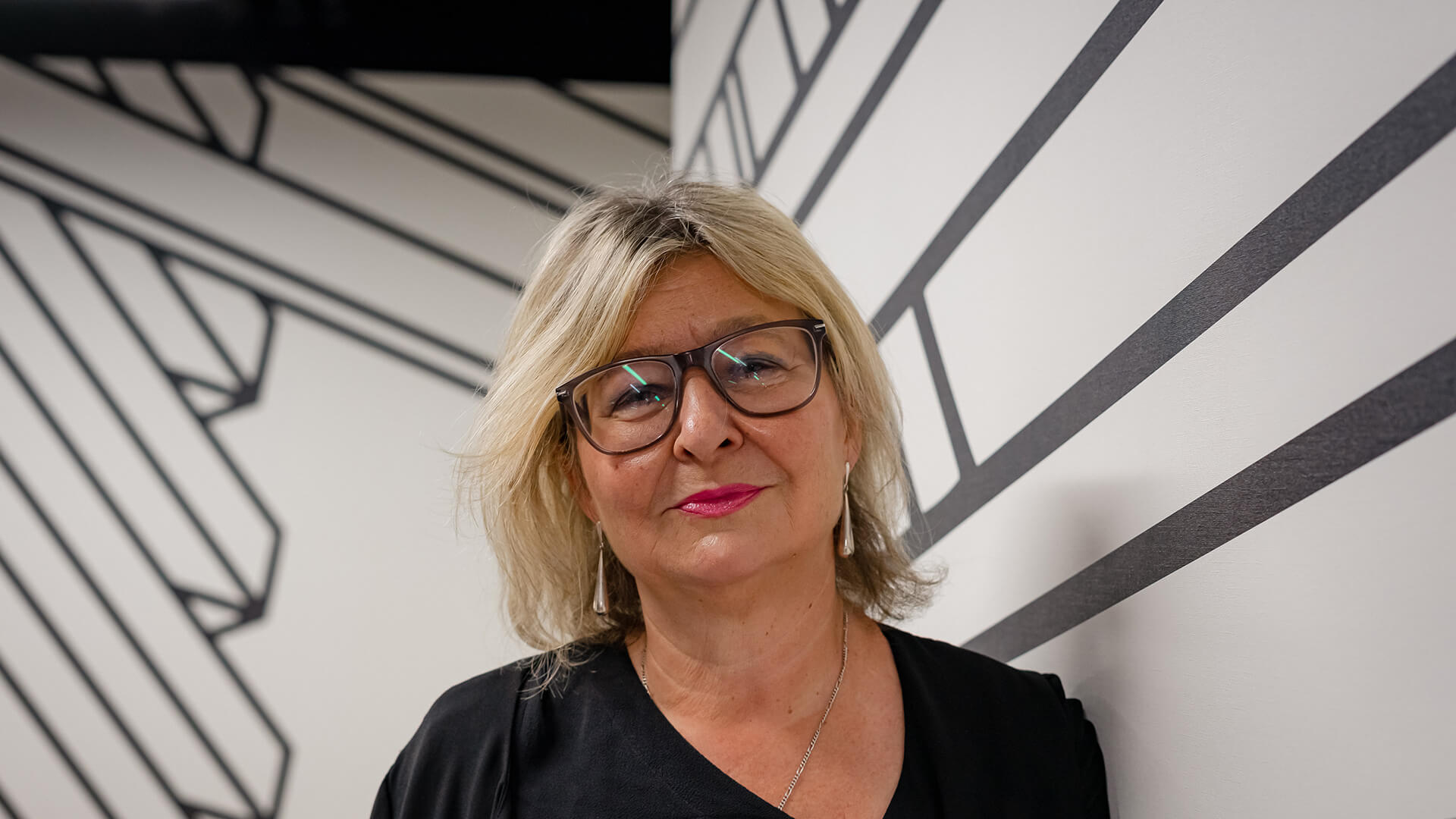
Meet your Compositing Tutor, Klaudija Cermak
Klaudija has over 30 years’ experience on high-end commercials, broadcast programmes and feature films and has worked at all the major post-production houses in Soho including MPC, Mill, Millfilm, Framestore, DNEG and Glassworks.
- Feature film credits include Gladiator that won an Oscar for the Best VFX, Harry Potter and the Chamber of Secrets and Harry Potter and the Deathly Hallows.
- Recent credits: Black Mirror, Britannia, Captain America, and Jason Bourne.
- Broadcast credits include: Killer Dinosaur and Virtual History that won the VFX Society Award for Outstanding Visual Effects and numerous commercials for major brands including Walkers, Sony, Sainsbury’s and Panasonic.
She has also art directed television promotions, title sequences and content graphics for the BBC, Sky, Channel4 and ITV, for which she won a number of awards, two of which were Golden Promaxes.
Klaudija is the Board Manager of the Visual Effects Society (VES) and the author of the Kindle bestseller ‘How to Get Into and Survive Film, Advertising and TV Post-production – The Alternative Guide’.
Please note tutors are subject to change.
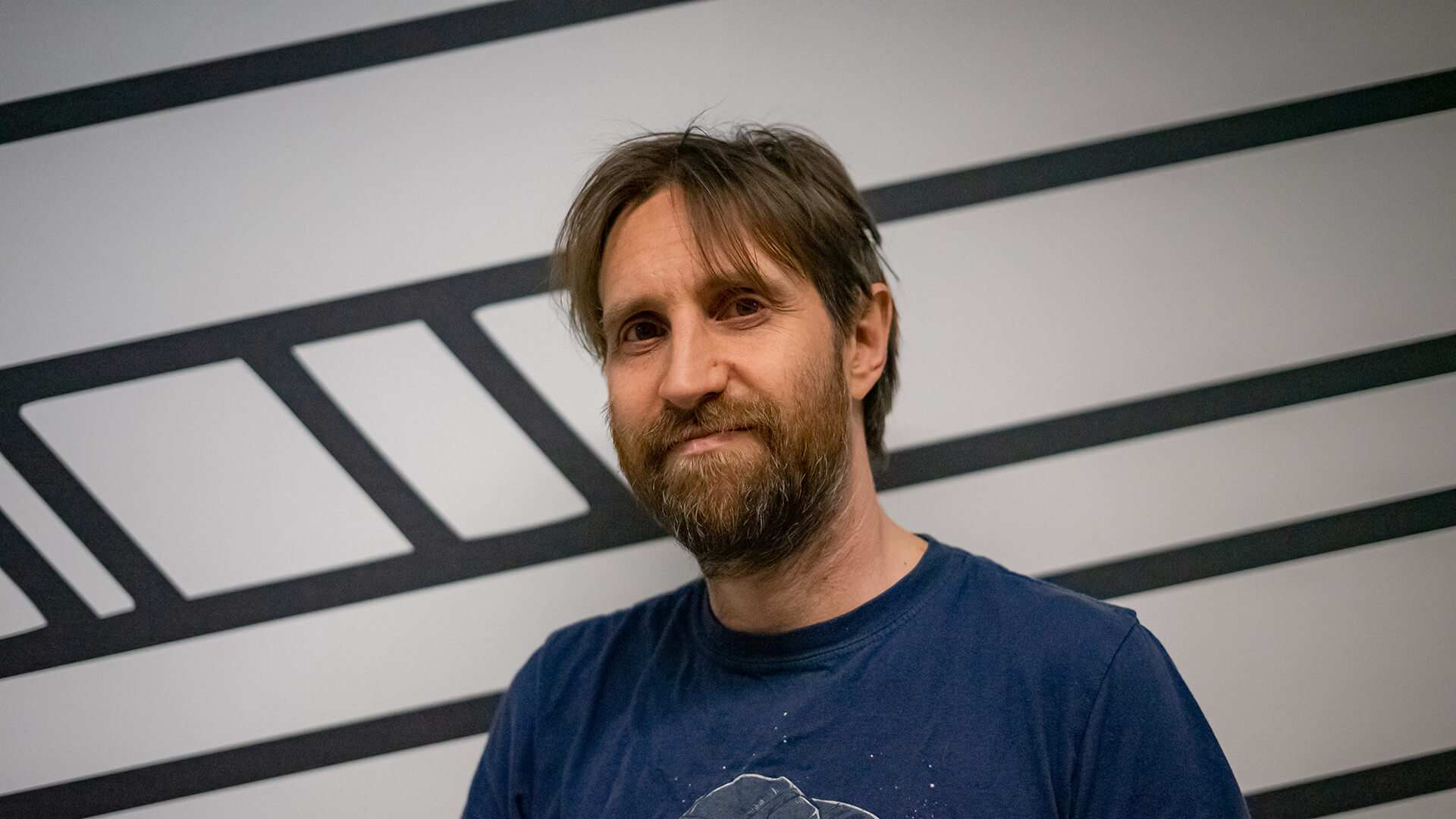
Meet your 3D Tutor, Daniel Shutt
Daniel is one of our 3D Tutors and joined the team in 2009. He has over 23 years’ experience in a wide variety of 3D fields, from feature film effects and games graphics, to TV commercials and architectural rendering; and 14 years teaching in higher education.
Daniel’s early work in architecture included rendering the Sega World amusement attraction in Piccadilly Circus, before moving on to roles within the games industry, with tenures at Sierra and Divide By Zero. From there, Daniel worked in post-production for Lost in Space, on projects for 4:2:2, BBC, Discovery Channel, National Geographic, Channel 4 and ITV. He also contributed to the award-winning Honda, Hate promo and the Pink Panther film. He has worked with the Head of 3D to revise the curriculum for all of our 3D short courses.
Course modules
These modules are common with the first 14 weeks of our MA Visual Effects Production (Compositing/3D) degree.
Module 1 - 3D foundation
7 weeks
- Introduction to Maya
- The user interface
- Introduction to modelling
- Introduction to textures
- Introduction to lighting, shading and rendering
- Modelling
- NURBS curves and surfaces
- NURBS surfaces to polygons
- Polygonal modelling
- Topological rules
- Modelling continued
- Polygonal modelling continued
- Organic modelling
- Non-linear modelling
- UV mapping techniques (organic and hard surface)
- Colour and lighting
- Lighting, traditional cinematographic and photographic techniques
- Colour theory, three-point lighting
- Natural lighting
- Indirect lighting techniques
- Image-based lighting
- Matching lighting
- Advanced lighting
- Basic texturing
- Hypershade
- Texturing masterclass
- Image manipulation with Photoshop
- Texture distressing with Photoshop
- Non-destructive texturing workflows
- Camera projection mapping
- Shading and rendering
- Displacement mapping
- Maya nodes
- Ray tracing (reflections, refractions and shadows)
- Shaders
- Material properties and case studies (MIA shaders)
Module 2 - Compositing 1
7 weeks
- The interface: premultiplied images
- Production pipeline and light
- Digital images, formats and resolution
- Film properties and behaviour: log vs. linear
- Premultiplication maths
- Introduction to Nuke
- Transformations and rotoscoping
- Transformations and introduction to tracking
- Multiple-point tracking
- Planar tracking and refining track data
- Introduction to rotoscoping
- Rotoscoping human movement
- Rig removal composites
- Rotoscoping in Silhouette (SFX)
- Tracking in SFX
- Painting in Nuke
- Generating clean plates
- Advanced paint and prep work
- SFX prep techniques
- Warping and morphing
- Advanced prep work
- Matching film grain
- Marker removal
- Keying
- Introduction to keying methods
- Keylight node and the despill process
- Primatte and IBK keyers
- Compositing outside the keyer
- Pre and post processing: refining the key
- Colour correction and grading
- Exposure, gamma and curves
- Density and colour matching
- Colour management
- Atmospherics
For more details about modules, see the programme and module specifications.
More Information
Entry requirements
Minimum requirements
We welcome and encourage applications from students with a variety of backgrounds, experiences and perspectives.
To study this short course, you must:
- Be over 18
- Have a good understanding of written and spoken English (we recommend a B2 level)
- Feel comfortable using a computer.
If you’d like to discuss your circumstances before applying, contact us!
Non-UK students
We accept international students for our short courses, with no difference in course fees or administration costs.
The Standard Visitor visa allows students to come to the UK to study for a course of up to six months at an accredited institution. Depending on your nationality, you may need to apply for a standard visitor visa prior to departure from your home country. For more information visit:
- Gov.uk - Check if you need a visa
- Gov.uk - Standard visitor visa
- Gov.uk - Caseworker guidance
- UK Council for International Student Affairs (UKCISA) - Information for visitors
Contact us on admissions@escapestudios.ac.uk or +44 (0) 204 570 5091 for any questions.
Online study requirements
We can provide remote access to our workstations during teaching time. Due to availability restrictions, we highly advise you to have your own set up at home to study in your own time.
More things you’ll need:
- A strong internet connection
- Cloud storage or external hard drive to back up your work, 1TB+ recommended
- A three-button mouse or graphics tablet. Please note, the Wacom Intuos Pro range of tablets have the best support for our remote desktop software and provide the best experience.
- A computer microphone (and optionally a webcam)
- Note-taking materials.
If you have any questions about learning online or if you need help with what to buy, get in touch at hello@escapestudios.ac.uk.
How to apply
To apply, complete the relevant online application form linked below.
15th September 2025:
23rd February 2026:
Our Admissions Team will get in touch to take you through the next steps.
If you have any questions about your application, your portfolio or our entry requirements, get in touch!
- Call our Admissions Advisors on +44 (0)203 441 1303
- Email us at hello@escapestudios.ac.uk
- Reach us on chat Monday to Friday, 9am - 5pm
There isn't a formal application deadline for most of our short courses, but you may need to apply by a certain date to be eligible for our short course discounts.
As part of the application process, you will need to agree to our terms and conditions for your place on the course to be secured.
Fees and funding
Fees
14 weeks - London campus: £7,845
14 weeks - Live online: £6,100
Payment plans
We offer payment plan options for all courses. Following an initial deposit at registration stage, your chosen payment plan will break down your remaining fees into up to three instalments, to be paid before the end of the course.
Visit our admissions page for any questions about fees, funding and payment plans.
Software
- Maya
- Photoshop
- ZBrush
- 3D Equalizer
- Nuke
- Houdini
- Arnold
- Unreal Engine
- Silhouette
Career opportunities
“Consumers who are increasingly looking for high-definition (HD) VFX experiences will have huge business opportunities in the VFX market in the next few years.” (source Expert Market Research)
You’ll leave with an Escape Studios Certificate of Achievement, along with strong creative and technical skills and some great pieces of work for your portfolio, which you can add to with help from our Aftercare programme. Ready to apply for jobs in the industry!
Some of the opportunities you can consider once you’ve finished your studies include:
- Runner
- Modeller
- Matchmove Artist
- Previs Artist
- Texture Artist
- Layout Artist
- Environment Artist
- Production Assistant
- Production Coordinator
3D Artists often start out in junior roles to then rise to mid-level and senior roles such as 3D Generalists and Technical Directors, opening the path to becoming a VFX Supervisor.
Compositors often start out in junior roles or as Rotoscope Artists to then rise to mid-level and senior roles such as Compositors and Compositing Supervisors, opening the path to becoming a VFX Supervisor.
Our students have gone to work as both specialist and generalist artists in creative studios, across TV shows, films and commercials, at companies including Framestore, DNEG, MPC and Jellyfish Pictures. Read some of our VFX Escapee success stories.
Check out our Careers Guide for more information about career opportunities and progression routes.
Escape Studios always produces some of the finest VFX graduates in the country. Their training, both technical and soft skills, stands them in great stead in the industry.
